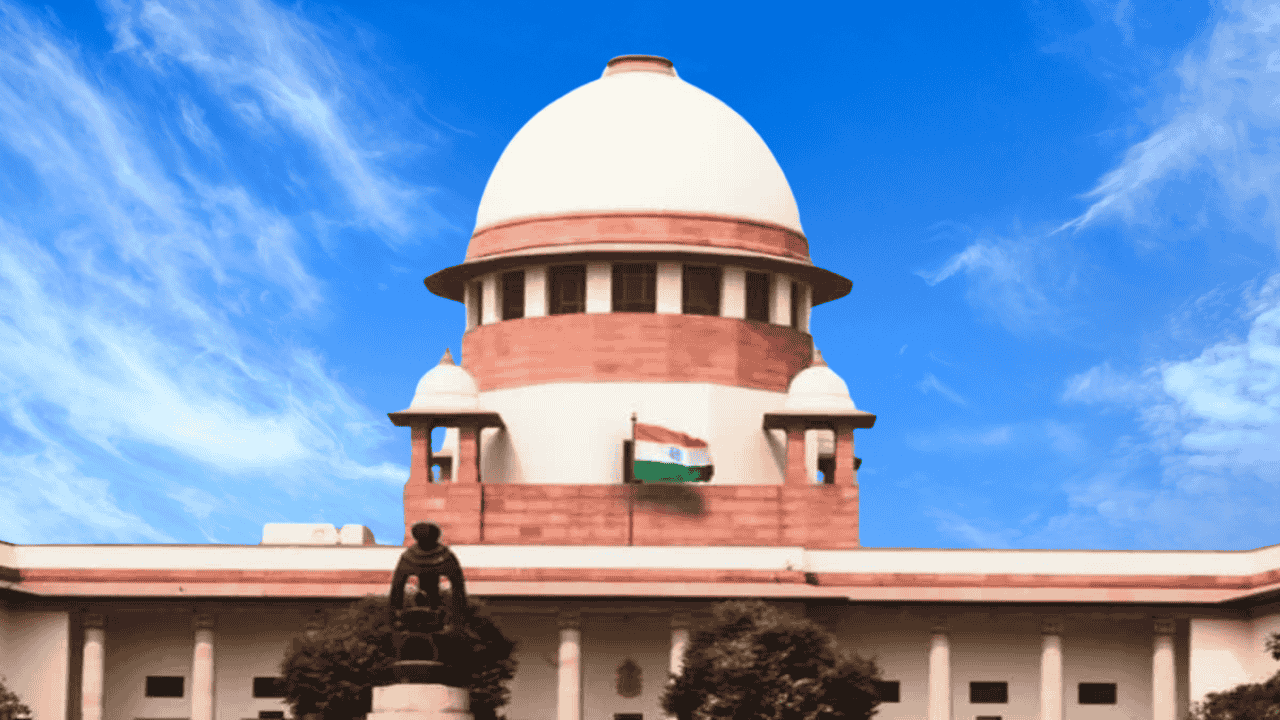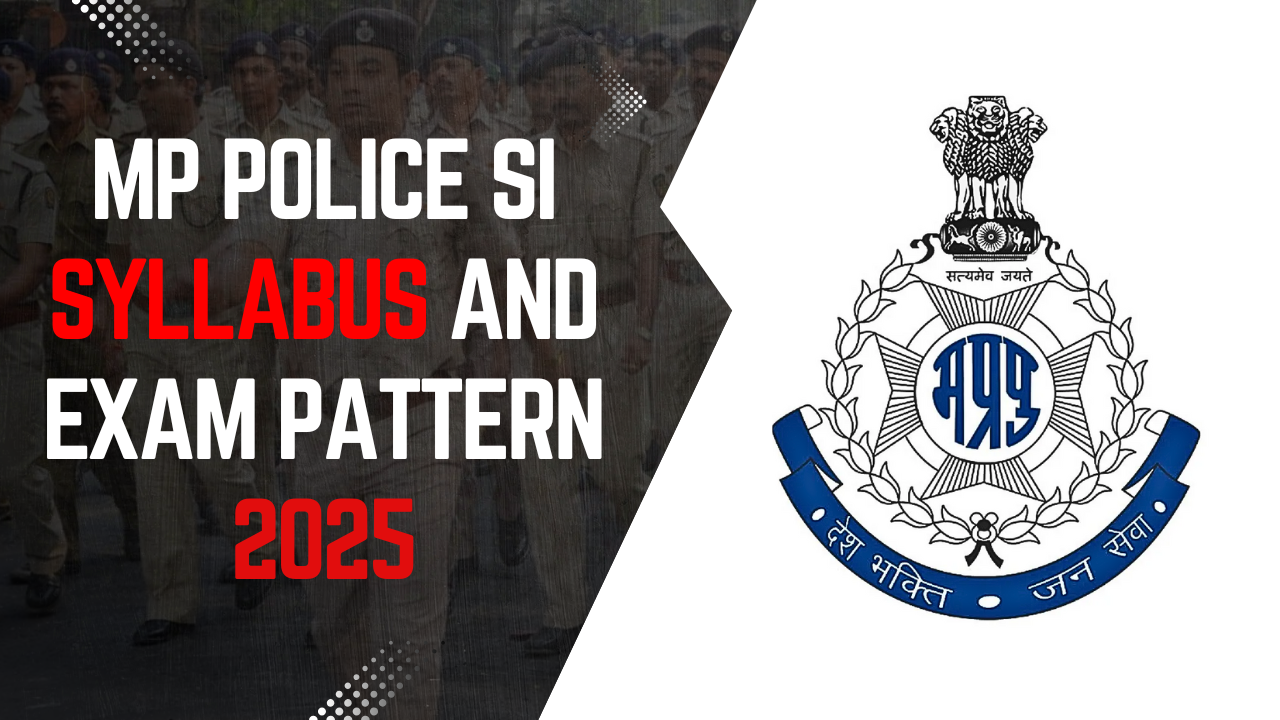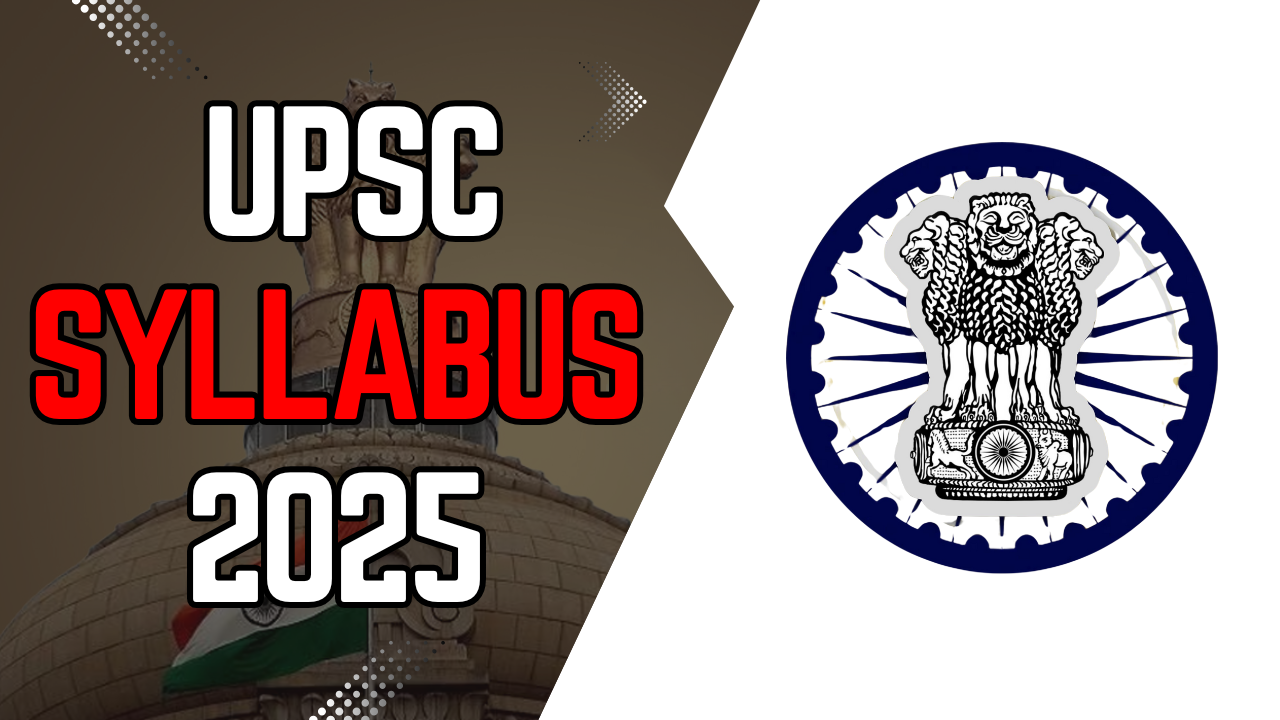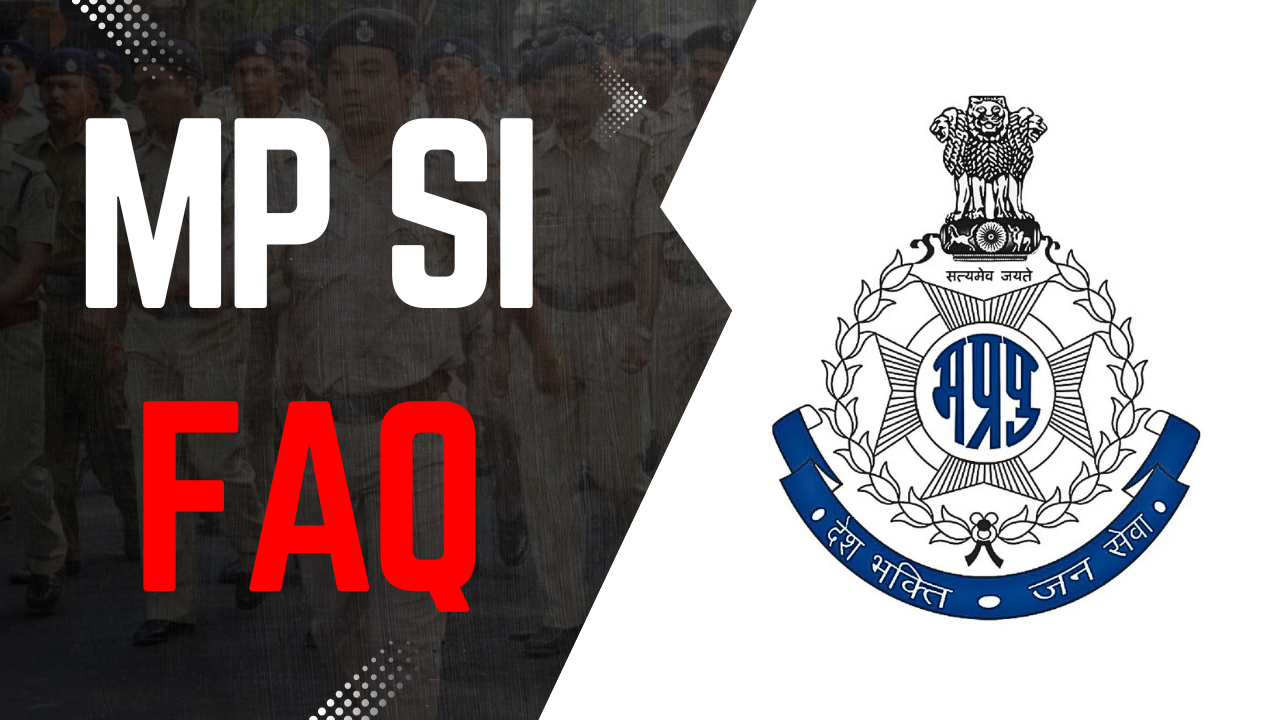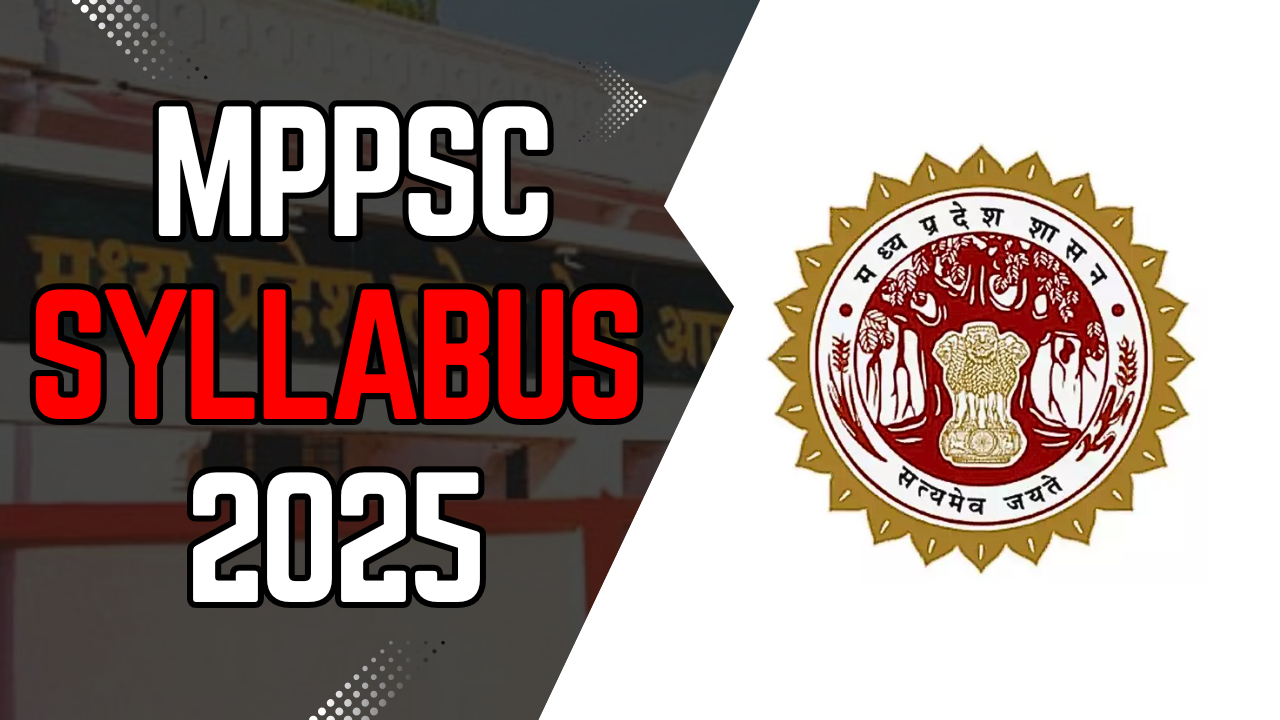The Supreme Court has set significant limits on governors’ powers. Read this “Current Affairs March 2025” analysis—essential for UPSC, SSC, and Banking aspirants.
Introduction — Why This Verdict Is a Key Part of the “Daily GK Update”
In a landmark decision, the Supreme Court ruled that the 10 bills withheld by the Tamil Nadu Governor are to be considered passed from the date they were resent to the Governor, using powers under Article 142. This verdict has proved to be a milestone in clarifying the role and constitutional limits of governors. It provides a new direction for all states where a standoff between governors and elected governments is ongoing.
This ruling is especially important for students preparing for UPSC, SSC, Banking, and other government exams who closely follow Atharva Examwise current news or competitive exam news.
Supreme Court’s Key Verdict — No “Veto Power” for Governors
What Did the Supreme Court Say?
The bench of Justice JB Pardiwala and Justice R. Mahadevan clearly stated that governors do not possess ‘absolute veto’ or ‘pocket veto’ powers.
If the legislative assembly resends a bill after reconsideration, the governor must approve it within one month, provided there are no new amendments in the bill.
The court added that the governor must respect the will of the people and cannot indefinitely withhold a bill.
Fixed Timelines
Sending to the President: If the governor wishes to refer the bill to the President, it must be done within one month.
If approval is denied: The governor must return the bill to the assembly within three months.
If the bill is sent again after reconsideration: The governor must approve it within one month, provided no major amendments are made to the original bill.
Supreme Court’s Clear Directives on the Governor’s Role
No Mention of “Unlimited Powers” in the Constitution
The court categorically stated that the governor’s role is that of a constitutional head, not a representative of any political party.
According to the judgment, the governor’s discretionary powers are limited, and they are bound to act on the advice of the Council of Ministers.
Acting against the will of a democratically elected assembly would amount to breach of the governor’s constitutional oath.
Dr. Ambedkar’s Quotation
Justice Pardiwala noted that even if the Constitution is good, if those implementing it are not, then the outcome will be poor.
This highlights the moral responsibility of those entrusted with enforcing the Constitution.
Impact on Multiple States — Stay Updated with “Atharva Examwise Current News”
Governor vs. Government Conflicts Across States
Kerala: The governor withheld 7 bills and later referred them to the President. The Kerala government has approached the Supreme Court.
Punjab: The state government approached the Supreme Court after the governor withheld 7 bills. The Court warned that “the governor is playing with fire.”
Tamil Nadu: In 2023, the governor refused to read the state government’s address.
Telangana: The governor withheld MLC nominations and the state budget, leading to a case in the High Court.
West Bengal: 23 bills remain pending with the governor. The Speaker of the Assembly reminded the governor to approve them, citing the Supreme Court verdict.
Bullet Points — Key Facts for “Competitive Exam News”
The Supreme Court stated that governors cannot withhold bills indefinitely.
Article 200 of the Constitution mandates that the governor must act promptly on bills.
If a bill is passed again by the assembly, it must be approved within one month.
The governor’s action was deemed illegal and arbitrary, violating the spirit of the Constitution.
Acting against the will of the people is equivalent to breach of the governor’s oath.
Summary / Why This Matters for Exams
Constitutional Knowledge: Questions related to governors and assemblies are frequently asked in UPSC, SSC, and Banking exams. This verdict offers a new perspective on “Governor’s Powers” and “Legislative Authority.”
Importance of Judicial Review: The Court affirmed that the governor’s actions fall within the scope of judicial review, making this relevant for questions on the principle of checks and balances.
Respect for Popular Mandate: This ruling highlights democratic values, emphasizing that the governor should not unnecessarily obstruct the functioning of an elected government.
Recent Example: As part of “Current Affairs March 2025” or “Daily GK Update,” this case is highly topical and can feature in exams directly.
In conclusion, this verdict will play a crucial role in balancing the relationship between legislative assemblies and governors not only in Tamil Nadu but across India. Therefore, it must be included in Atharva Examwise current news, as the chances of it appearing in upcoming competitive exams are very high.
For more information, visit Atharva Examwise and stay updated with regular current affairs.

